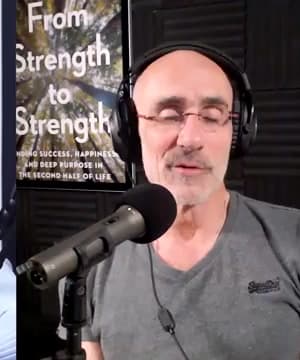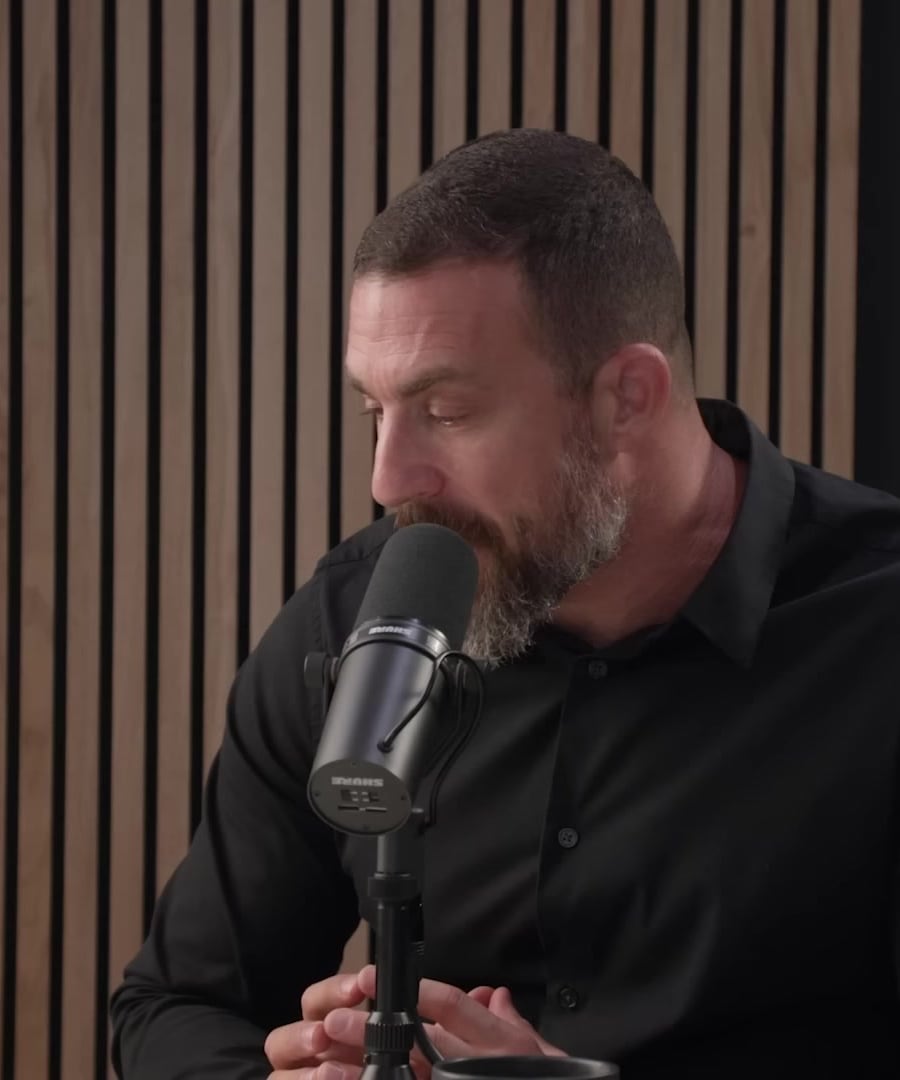Physiology and psychology
Sources:
There's a profound connection between physiology and psychology that impacts our overall health and well-being. Here are key insights from experts on this topic:
-
Mind-Body Interaction: Integrative Medicine Physician, , emphasizes that the body and mind are two sides of the same coin, continually influencing each other. Positive mental states like gratitude and love can significantly shift physiological functions, enhancing health. Conversely, biological imbalances can lead to mental health challenges. Therefore, a holistic approach addressing both biology and psychology is essential for effective health care 1.
-
Physiology Impacting Psychology: highlights a Harvard study showing that physical states can alter thoughts and feelings. For instance, body posture and breathing patterns associated with depression can affect mental state, and vice versa. Changing posture to a more confident stance can improve mood and thoughts. This bi-directional relationship between body and mind stresses the importance of maintaining a positive physiology to boost psychological well-being 2.
-
Age and Cognitive Decline: Harvard Professor discusses how fluid intelligence, which includes innovative capacity and working memory, peaks by late thirties and starts to decline afterward. This decline can lead to burnout since human motivation is deeply tied to continuous progress. Recognizing this interdependence can help in devising strategies to maintain mental and emotional health through life stages 3.
-
Exercise and Identity: Neuroscientist asserts the significant role exercise plays in both physical and mental health, including enhancing sensitivity to satiety signals and improving biomarkers. He also talks about daily identity transformation as a crucial aspect of mental resilience, referring to individuals like David Goggins who continuously strive to "kill off" their former selves to maintain their progress and health 4.
These insights underline that a balanced approach addressing both physiological and psychological aspects is crucial for comprehensive health.
RELATED QUESTIONS-

